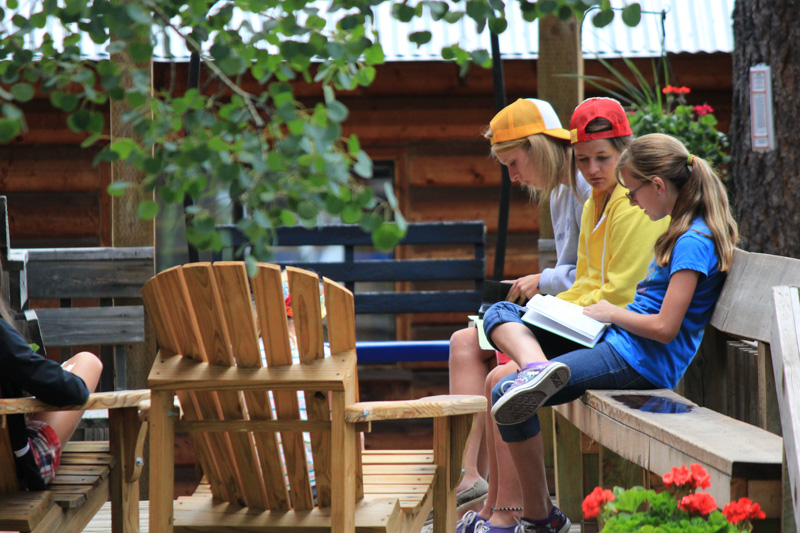It’s Complicated
I put an occasional finger to the pulse of how Christian thinkers and writers are handling the thorny questions of science (and vice versa). I have been trained both as a scientist and as a theologian, and so the intersection of the two fields interests me. The age of the earth, whether sexuality is hard-wired in the brain, and the relationship between coronaviruses (plural) and specific human sins, while perhaps not critical questions in themselves, point to deeper questions about how Christians view their own experience and community interpretation of that experience. And I am always interested in how folks will frame questions about whether religion (or faith) is in conflict with science.
The classic example trotted out in any discussion of that potential conflict is the story of Galileo. Galileo, as many of us were taught, was a 17th-century scientist who was condemned by the Catholic Church for his anti-biblical understanding of the cosmos. Galileo became a martyr for science, and continues to represent the ever-present possibility that the Church will take extreme measures against those who side with science.
Except that story I was taught is wrong. In reading this article I was introduced to the complicated situation around the development of science in the age of Copernicus, Galileo, and many others. As it turns out, the cautionary tale of Galileo’s experience revolves around something other than what many of us think. To quote from the article:
[W]e must be careful that the stories we tell ourselves do not fit too neatly into contemporary stereotypes like “science denialism.” If we do not diagnose problems correctly, we cannot come up with good solutions. You do not treat Covid-19 as if it were the flu. You do not treat systemic racism as if it were merely an economic issue. You do not treat the mistakes the church made with Galileo by assuming it was due to science-denial in the church. And you do not treat the problem of science-denial today through the fiction that it was at the root of the Galileo story.
As tempted as I may be to bundle up the world—and history—into neat packages that fit my existing paradigms, I must resist. It’s complicated. But wending our way through the complex story of the real Galileo turns out to yield more wisdom than admiring (or condemning) a cardboard cutout of the astronomer.
Enter my role as a leader of a Christian camp that works especially with youth. As kids grow up in the Christian faith—or, more so, if they discover the faith during adolescence—they bring questions. Questions about Jesus, questions about the world, questions about themselves. This is especially true in middle school and high school. Part of what I try to help our staff to do is honor those questions and the inevitable complexity they mine. It might feel satisfying, for a moment, to answer those questions with one-sentence responses (like, “Galileo was a scientist, and the Church rejected science”) and get on with the dodgeball. But the path with Jesus (and to Jesus) often winds through the woods, and it is in the walking that one gains strength for the journey.
Our kids are exposed to the big questions of the day, even if they may not feel permission from adults to enter the conversation. But the questions still beckon, engaging the hearts and minds of the next generation of the Church. Should Christians support the Black Lives Matter movement? How should the Church engage the LGBTQ+ community? How much time on TikTok is too much?
Answers to these questions that will give rise to the love, justice, and peace of Jesus Christ require some digging. They require some exploration into complication. And they require a time, space, and place that will honor that exploration. I want Sonlight to continue to be that place, especially for our middle-school and high-school youth. Please pray that we would continue to have the ability to make it so.
~ emrys
22 Sep 2020

